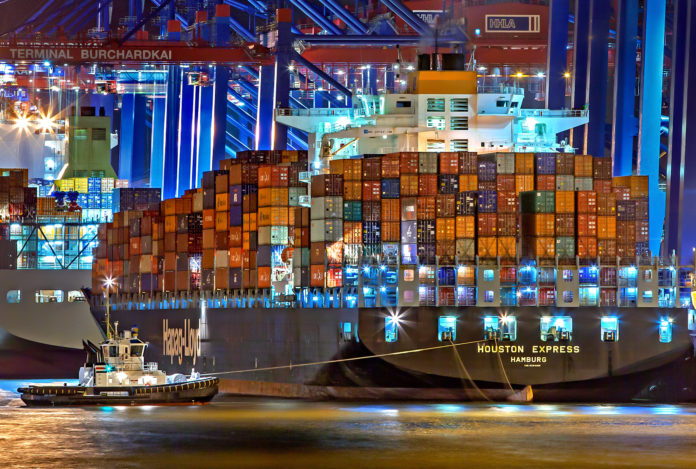International standards and collaboration are needed to unlock digitalisation’s full potential to drive efficient, resilient and green shipping. This was the message at the “Future of Shipping – Digitalisation” webinar jointly organised by the International Maritime Organization (IMO) and Maritime and Port Authority of Singapore (MPA).
The webinar, which was the final instalment of the Maritime Perspectives Series, gathered 400 participants from around the world to discuss digitalisation and decarbonisation in a post-pandemic world.
“Digitalisation across global supply chains is a mammoth task, and IMO has a vital role to play in this transformation,” said Mr Chee Hong Tat, Singapore’s Senior Minister of State of the Ministry of Transport and Ministry of Foreign Affairs in his opening remarks.
“Digitalisation is a national imperative for Singapore. Together with our industry, Singapore will continue to collaborate with IMO and Member States in their digitalisation efforts,” he added.
“The pandemic has shown that shipping remains the leading facilitator of global trade,” said Mr Kitack Lim, IMO’s Secretary-General. “Digitalisation is key in enabling the post-COVID recovery, strengthening the resilience of the global supply chain and taking shipping into a new era.
“IMO is working to ensure shipping can embrace the digital revolution – while ensuring safety, environmental protection as well as cyber security. Cooperation between all relevant stakeholders, from shipping, ports and logistics, will be vital to drive the digitalisation of shipping, enhance its efficiency and the sustainability, and therefore facilitating trade and fostering economic prosperity.”
Participants at the webinar also witnessed the launch of the Port Authorities Chief Information Officer (CIO) Cybersecurity Network (PACC-Net). With the support of nine ports, this network will enhance cybersecurity awareness within the maritime sector and facilitate early sharing of cyber information to counter potential and active maritime cybersecurity threats.
At the seminar, speakers emphasised the important role of digitalisation in keeping seaborne trade flowing smoothly and safely during the pandemic, and supporting just-in-time operations to reduce shipping emissions. Others highlighted how the international maritime community should move forward together to seize opportunities and address the challenges presented by digitalisation.
This includes establishing common standards to ensure that transactions are both standardised and secure across all parties, as well as information sharing, facilitated by close cooperation between industry and government stakeholders.
Mr David Foo, MPA’s Senior Director, Operations-Technology, presented how maritime digitalisation offers clear benefits to the international maritime and port community to improve the efficiency and resilience of supply chains.
IMO, MPA and the World Bank recognise that one key step to realise these benefits is the digitalisation of workflows and increased data exchange between ships, ports and value chain stakeholders. This will facilitate global trade, increase supply chain resilience, and improve ship operations. They intend to work together along with other interested partners, to support IMO Member States in the digitalisation of their ports, particularly in the implementation of maritime single windows.














